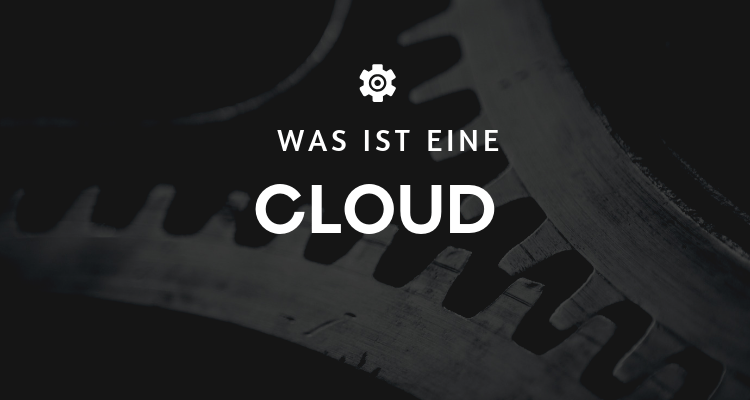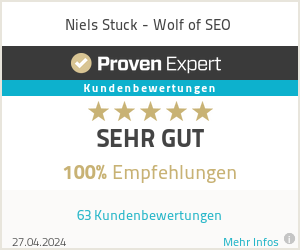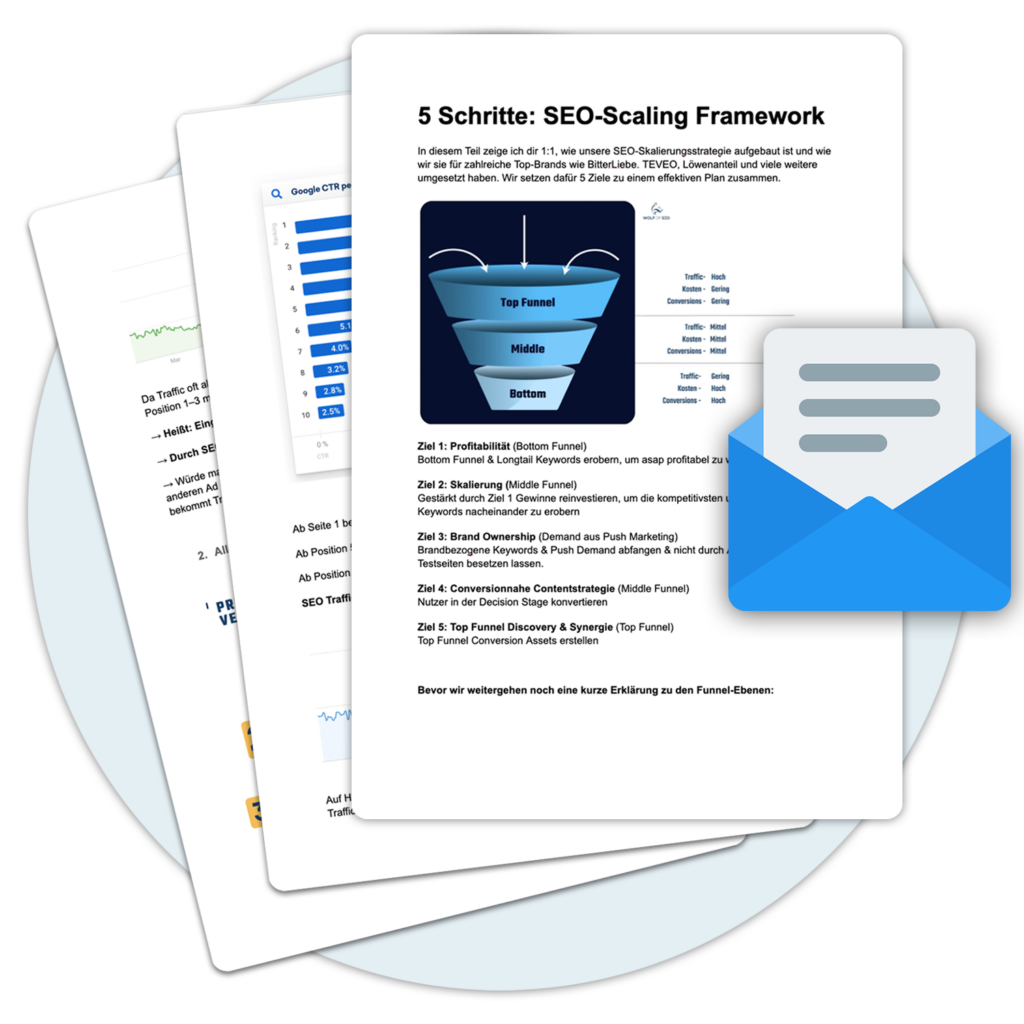
Die Technologen der Neuzeit lieben es, Schlagwörter wie Internet of Things, Big Data und 5G zu verwenden. Das Problem ist, dass diese manchmal nebulösen Begriffe nicht deutlich machen, was sie für die Verbraucher tatsächlich bedeuten. „Die Cloud“ ist einer dieser Begriffe.
What is a cloud?
When technology companies say that your data is in the Cloud or that you are in the Cloud can work, it has nothing to do with white, fluffy clouds in the sky.
The cloud application refers to software that runs and is stored on the Internet rather than locally on your computer. Most Cloud-Services can be accessed through a web browser such as Firefox or Google Chrome, and some companies offer dedicated mobile apps.
Some examples of Cloud-Services include Google Drive, Apple iCloud, Netflix, Yahoo Mail, Dropbox and Microsoft OneDrive. There are also many business applications for Cloud-Computing, but for this post I will be looking at consumer solutions.
What are the benefits of a cloud application?
The advantage of the cloud platform is that you can access your information from any device with an Internet connection. With this feature, you can make changes to a file in Google Docs on your home computer and then pick up where you left off when you're in the office. Colleagues can even collaborate on the same document.
In the meantime, you can use a service like Amazon Cloud Drive to store and view your entire photo collection without fear of exhausting the internal storage space of your laptop or smartphone.
Another advantage of the Cloud is that you don't necessarily need an expensive high-end machine to get your work done. Remote servers will manage much of the computing and storage. In fact, some companies provide Cloud-based computers as a low-cost option for consumers and the education market, the most notable example being Google's Chromebooks.
But the cloud function also has its downsides. Without an Internet connection - or with a poor one - you are basically cut off from accessing your data and Cloud-based programs is excluded. The same applies if there are technical problems or failures on the server side.
Since your information lives online, there is always a risk that it could fall into the wrong hands. All Cloud-Companies have security measures in place to protect your data from hackers. But of course they are not untouchable, so it is always a good idea to be prudent. Think carefully about what you put in the Cloud compared to saving locally on your computer. For Cloud-It is predicted that we will see many more of these in the future, so it makes sense to look into them.
« Back to Glossary Index




 By
By 